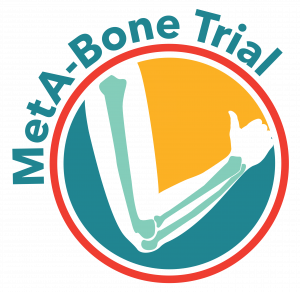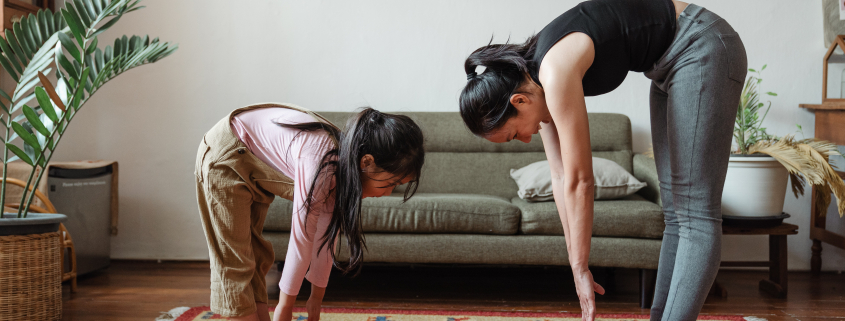When thinking about exercise, it isn’t always surrounded by good thoughts. Let’s be honest, some people even count taking the stairs as exercise for the day. When we think about children exercising, the idea seems more like just play time for them. Play time gives them some time to burn off all that energy before settling down at home.
Some parents fear child exercise, due to some scraped knees or bruised chins from falling on the pavement. However, studies identified that exercise can decrease the likelihood of injuries occurring to children1. Childhood exercise does not mean having little Maria go for jogs around the home, but instead training focused on balance and coordination areas. Some parents have gone further and place child on plyometric and agility training regimens to increase competitiveness in sports2.
Besides being competitive, studies identified that children’s perspective on exercise is shaped by that of their parents. In addition, increasing joint exercise activities between parent and child can increase physical activity for both3!
We have a physical activity webinar video recording on our Youtube channel that will demonstrate some of these exercises for your child to try at home. Some exercises may require your help, so don’t be hesitant to join your child, and count this as your stairs for the day!
See the video here: www.youtube.com/watch?v=hdsNPC68oqM
References:
1. Emery CA, Cassidy JD, Klassen TP, Rosychuk RJ, Rowe BH. Effectiveness of a home-based balance-training program in reducing sports-related injuries among healthy adolescents: a cluster randomized controlled trial. CMAJ : Canadian Medical Association journal = journal de l’Association medicale canadienne. 2005;172(6):749-754. doi:10.1503/cmaj.1040805
2. Dahab KS, McCambridge TM. Strength training in children and adolescents: raising the bar for young athletes? Sports health. 2009;1(3):223-226. doi:10.1177/1941738109334215
3. Ha AS, Ng JYY, Lonsdale C, Lubans DR, Ng FF. Promoting physical activity in children through family-based intervention: protocol of the “Active 1 + FUN” randomized controlled trial. BMC public health. 2019;19(1):218. doi:10.1186/s12889-019-6537-3

 pexels.com
pexels.com

